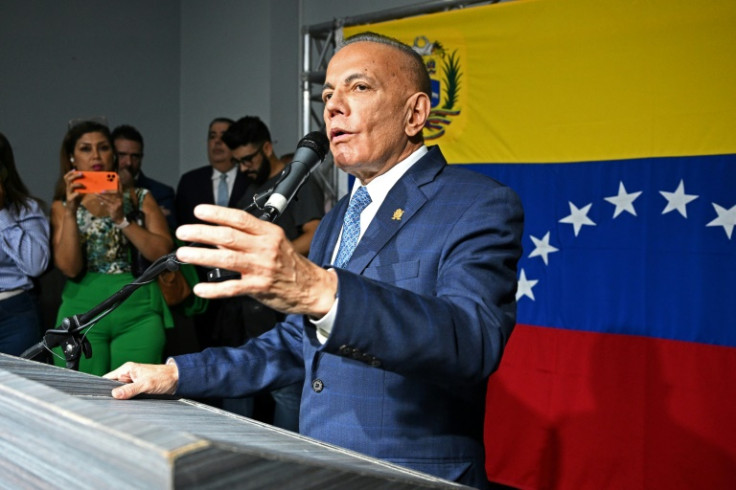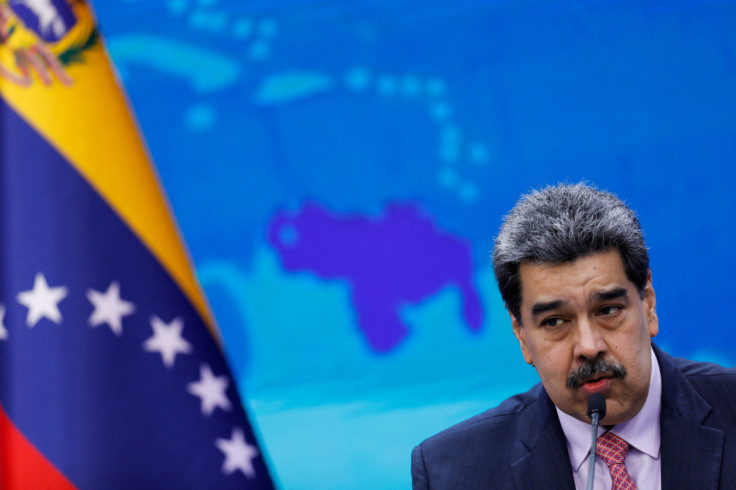
The Venezuelan opposition is scrambling to define its electoral strategy, finding itself at a crossroads as a key deadline approaches.
Concretely, the Unitary Platform, a 10-party coalition grouping most of the opposition, has not decided which path to take, according to Bloomberg: to back a substitute candidate chosen as the first options were banned, or throw their support behind Manuel Rosales, a governor who many distrust because of his willingness to negotiate with the Nicolas Maduro government.
The dilemma is existential: if the opposition rejects Rosales, its only option will be to wait and see whether former ambassador Edmundo Gonzalez can be replaced by a better-known option that has the support of the coalition.
Alternatives are not much more encouraging, as they can only replace him with one of 11 other "barely-known, little-trusted candidates who successfully registered, in hopes that an endorsement from Machado," Bloomberg added.
This scenario risks a potentially divided vote, giving Maduro more chances of coming up on top at the polls.
The alternative, however, can also be a conundrum. Many don't trust Rosales and his perceived friendliness with the current government could turn into a situation where the government essentially picked both candidates.
Maduro has urged Rosales to stay in the race. "Don't drop out, Manuel, I'll wait for you on July 28," he said. He also allowed Rosales to meet with Colombian President Gustavo Petro in Caracas last week.

However, it's unclear if any attempts from Maduro that don't include allowing Machado or a broadly-supported opposition candidate will have any impact on the way elections are perceived at home and abroad.
The Biden administration reimposed on Wednesday a set of sanctions on Venezuelan oil, as the relief it had provided some six months ago has not had the effect it intended on the government moving toward freer and fairer elections.
Officials stressed that the Venezuelan government upheld some commitments, like setting a date for the presidential elections, updating the electoral register and "starting a process to allow international election observation". However, it has failed to do so with many others, like allowing an opposition candidate to run.
"The areas in which they fell short includes the disqualification of candidates and parties due to technicalities and what we see as a pattern of continued harassment and repression against opposition figures and civil society," an official said about the decision.
"The areas in which they fell short includes the disqualification of candidates and parties due to technicalities and what we see as a pattern of continued harassment and repression against opposition figures and civil society," an official said about the decision.
© 2025 Latin Times. All rights reserved. Do not reproduce without permission.





